As the Central Bank of Nigeria’s Monetary Policy Committee (MPC) commences its second meeting in 2019 today, financial market analysts have ruled out the possibility of a cut in interest rate.
At its last meeting in January, 2019, the MPC had maintained the Monetary Policy Rate (MPR) at 14 per cent, with the asymmetric corridor at +200 and -500 basis points around the MPR; it also retained the Cash Reserve Ratio (CRR) and Liquidity Ratio (LR) at 22.50 per cent and 30 per cent, respectively. The MPC has kept the policy rates at the current levels since July 2016.
Financial analysts at Proshare argued that domestic demand remains weak, and Nigerian still has double-digit inflation due to structural factors which are the responsibility of the FGN rather than the CBN.
These, they argued include the poor infrastructure and insecurity in core food growing areas. “The headline rate has settled within a range of 11.0% to 11.5% y/y since June 2018: stable fx rates have helped to contain inflation but the CBN does not have the weapons in its armoury to drive the rate downwards.
“We see it repeated this week because we are in a domestic political transition, because the global landscape has improved from a Nigerian view and because inflationary pressures have calmed. The normalization of US monetary policy has slowed and oil prices have moved up comfortably above US$60/b.
According to them, growth is picking up slowly but is well below the rates posted in the first part of the decade.
“A common theme of MPC communiques is the importance of encouraging foreign portfolio investors (FPIs). We have seen very sizeable inflows into the fixed-income market over the past four weeks without any signals from the committee. Official reserves have increased by US$1.2bn since the start of March, which suggests that the CBN has become a steady buyer at NAFEX (I & E window).
“Another theme in the communiques is regret at the very low level of credit growth to the private sector, which amounted to 1.8% in 2018 vs the benchmark of 12.4%. The official response is to advocate new or expanded CBN vehicles to boost lending, particularly in areas such as agriculture where the deposit money banks are reluctant to tread without support.
In the communique in January the committee identified grounds to “await clarity on the macroeconomic performance after the general elections”. The polls have been concluded but it still too early to judge the macro impact, which again points to an unchanged stance this week.
In addition to the several reasons already identified, the experts said: “We see that the MPC/CBN are looking for fiscal and structural reform from the FGN to deliver growth, inflation and employment objectives. They are looking for the government to do a far greater share of the “heavy lifting”
You may be interested

Premier League: Chelsea Overcome Leicester City Away
Webby - November 23, 2024Chelsea defeated Leicester City 2-1 in their Premier League clash at the King Power Stadium on Saturday.Nicolas Jackson gave Chelsea…
CAFCC: Olanrewaju Explains Enyimba’s Switch To Uyo Grass Pitch Ahead Al-Masry Clash
Webby - November 23, 2024Yemi Olanrewaju, Head Coach of Enyimba, has explained to Completesports.com the rationale behind the team’s relocation to the Godswill Akpabio…

Boniface Can Still Play This Year — Leverkusen Boss Alonso
Webby - November 23, 2024Bayer Leverkusen manager Xabi Alonso remains optimistic Victor Boniface will return to action for the club before the end of…

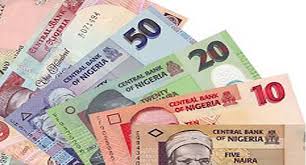
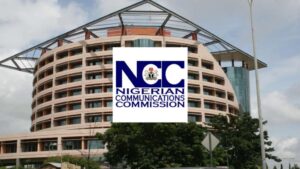



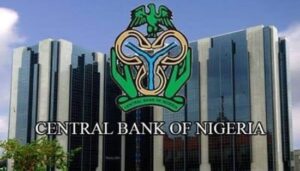
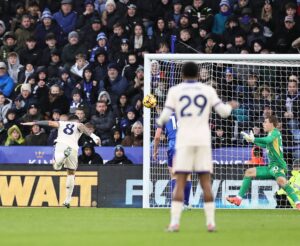
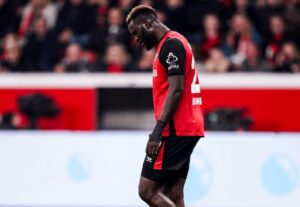


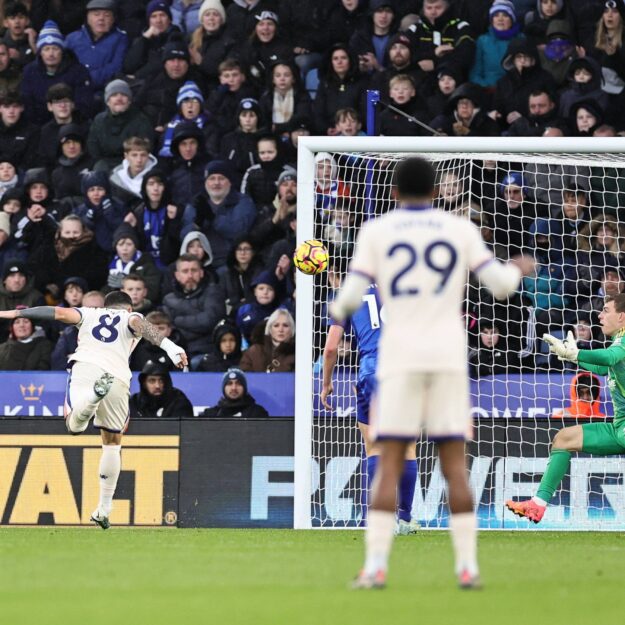









![American Pastor, David Wilson Seen Eating The Box Of Woman Who Isn’t His Wife [Video]](https://onlinenigeria.com/wp-content/uploads/2019/10/american-pastor-david-wilson-seen-eating-the-box-of-woman-who-isnt-his-wife-video-150x150.jpg)








